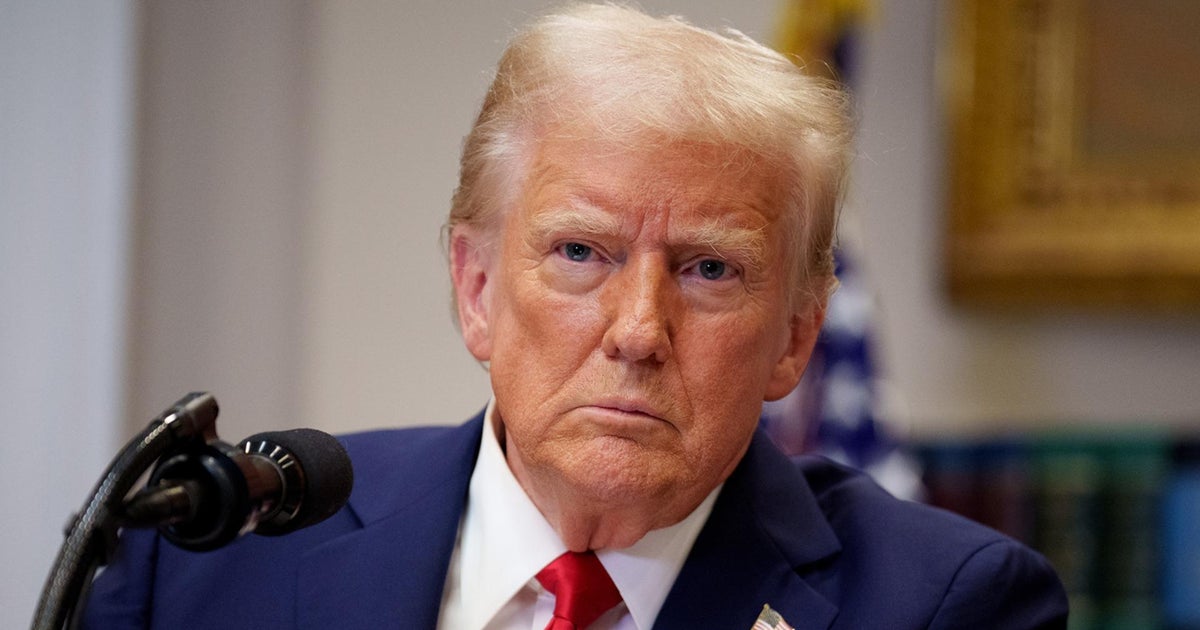China should narrow gaps in its treatment of urban and rural inhabitants, better protect private property and overhaul its tax system to ease a number of socioeconomic issues, said a former official with the country’s top economic planner.
These changes are essential to resolving “imbalances” linked to “incomplete” market reforms, said Xu Lin, once the general director of financial and budgetary affairs for the National Development and Reform Commission.
“The reason for these imbalances is the same,” Xu said in an interview with the Post. “My personal view is that marketisation hasn’t been fully realised … Reforms need to take another step forward to let the market have a definitive effect on resource allocation.”
One change Xu deemed necessary was the cancellation of the hukou, a system of household registration that restricts access to certain public services among migratory populations, most commonly those who move from China’s rural areas to urban centres looking for work.
Despite some relaxations since the 1980s, migrants from the countryside still may not qualify for certain social services. Today’s version of the policy, Xu said, maintains a divide between urban and rural regions while allowing for “discriminatory treatment” related to the provision of those services.
Entrepreneurs and private property rights also need more protection, Xu said. To stimulate innovation in China, he suggested reducing “arbitrariness by public security, judicial and government departments in the handling of private property rights”.
Taxation rates and the national budgets, Xu said, need to be prepared “in a more scientific and reasonable manner”. In particular, he added, China should cut the tax “burden” on companies and make the system more “internationally competitive”.
On the budgetary side, he called for effective control of the “disorderly expansion of local government debt” and a greater proportion of state coffers allocated to social welfare.
Today, more than half of China’s tax revenue comes from duties levied on consumption. Corporate and personal income tax, meanwhile, make up just over a third, reflecting a long-term focus on investment rather than consumption.
Xu, now 62, joined the State Development Planning Commission in 1989 and later took up his post at the National Development and Reform Commission. He joined the China-US Green Fund in 2018 and serves as the private equity investment vehicle’s chairman.







